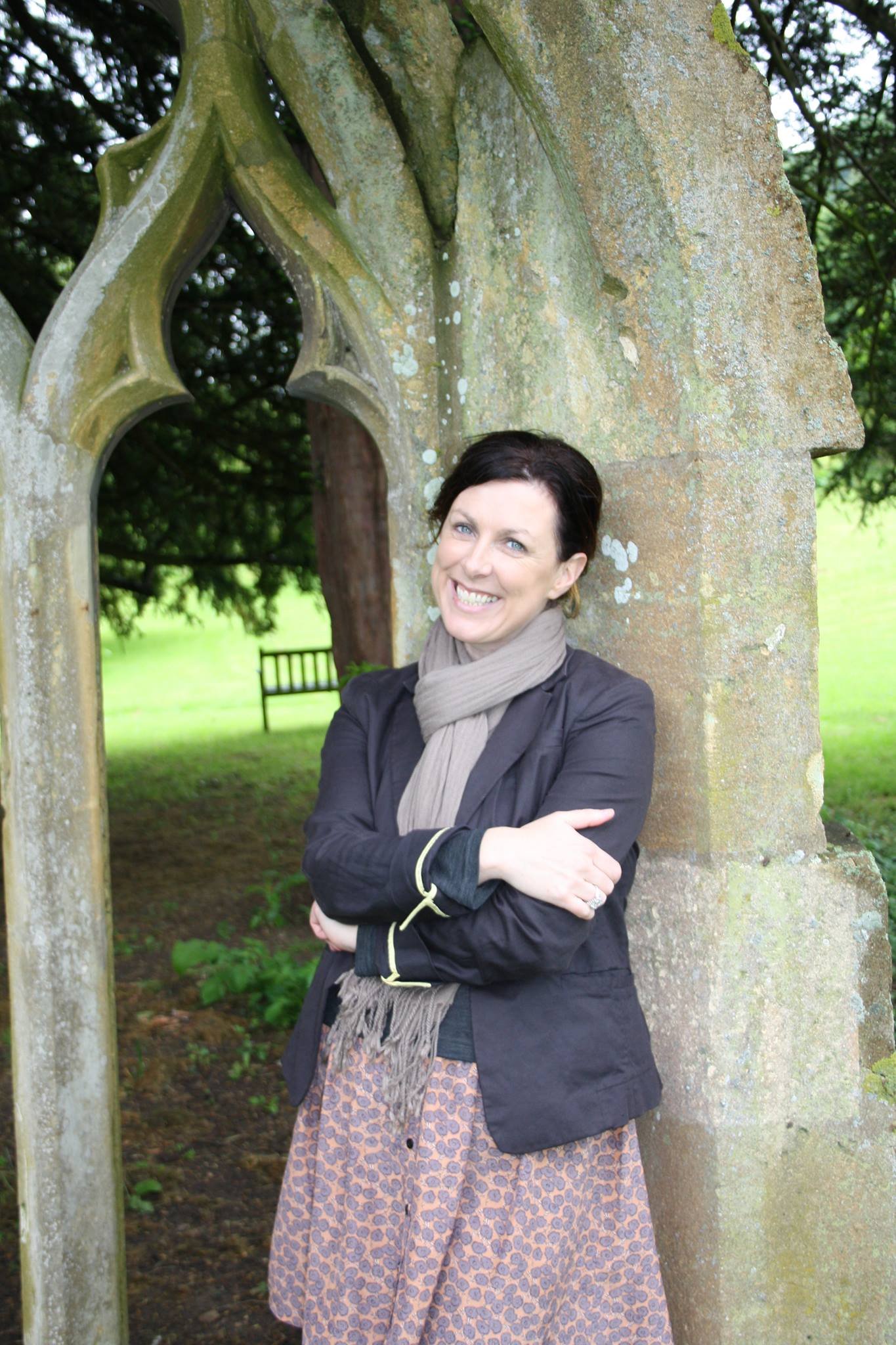I am an Irish academic researching, writing, and teaching transnational histories at an Australian university
Born in Armagh, Ireland, I moved to Australia and undertook a PhD on bestselling fiction and women’s emotions at Flinders University in Adelaide.
After working as a historical consultant for a child sexual abuse inquiry, I returned to academia, first as a casual tutor and grant administrator, then as an Alfred Deakin Postdoctoral Research Fellow (Alfred Deakin Research Institute, Deakin University), and finally as a historian at the University of Wollongong (UOW) where I am now Professor.
For example, I trace:
¬ how women activists deployed a range of political and emotional tactics to try to achieve their aims
¬ how members of women’s social movements worked to preserve their histories for a time when the public would be interested in hearing about those histories
¬ how the emotional codes of citizenship connect and disconnect regional and national and gendered communities
and
¬ how women challenged, reshaped and often succumbed to existing physical, ethical and emotional rules when chasing radical, revolutionary goals – some using violent means in the attempt.
my research is expansively interdisciplinary
childhood, research, legacies
Having grown up in The Troubles in the north of Ireland, with an inquiring mind and an active imagination , I am passionate about building up and sharing what we know about the legacies of imperialism, including settler-colonialism, seen through a gendered lens.
I am keen to blend my personal experiences with my academic agenda because here, at the intersection between the two, lies a unique perspective and feeling of authenticity. It is this combination of experience (joy and trauma), inquisitiveness, devotion to equality, and a job that supports my research that pushes me to ask the questions that I do.
What results is gathered here ¬ my various insights into activism, memory, emotional qualities and environments, gender and (anti-)colonialism, and the impact of gendered, ethnicised and racialised pasts on people’s understanding of their identity and place in the world ¬ then and now.
Some current projects:
Archiving Social Movements & Building Historical Literacy for a Digital Age
Australian Research Council Discovery Project 2023 (DP230100875, $346,201, 2023-2026) ~ Chief Investigators Sharon Crozier-De Rosa, Vera Mackie, Ana Stevenson, Andrea Witcomb.
This project aims to investigate how the history of social movements has been collected, catalogued and curated by archives and museums. It is significant because it will make these histories available to form an equitable and inclusive civic culture.
An expected outcome is an interdisciplinary approach producing new knowledge about citizens’ roles in shaping private and public collections, and about the use of these collections to shape memory and generate wider historical literacy.
Benefits include providing insight into inclusive physical and digital collecting practices, which enables the project to address UNESCO’s goal of achieving greater access to decision-making about culture, heritage and the formation of social identities.
Memory-Keepers: Women activists’ strategies to document their history and preserve their own memory (National Library of Australia)
¬ Women activists are less well remembered than their male counterparts in the historical record and collective memory.
¬ Their memory has fallen victim to a male-dominated public agenda.
¬ We are trying to correct this but we often overlook the immense, time-consuming and often costly project of documenting, organising and maintaining the record of women’s activism for these recovery projects to be possible.
¬ Memory-Keepers examines the rationale, strategies and tactics that Australian women and women’s organisations employed to preserve their own histories.
¬ It analyses how they acted as gate-keepers of their own memory until wider social shifts allowed that memory public visibility. It desires to contribute a deeper historical understanding of women’s agency – from activists to archivists.



